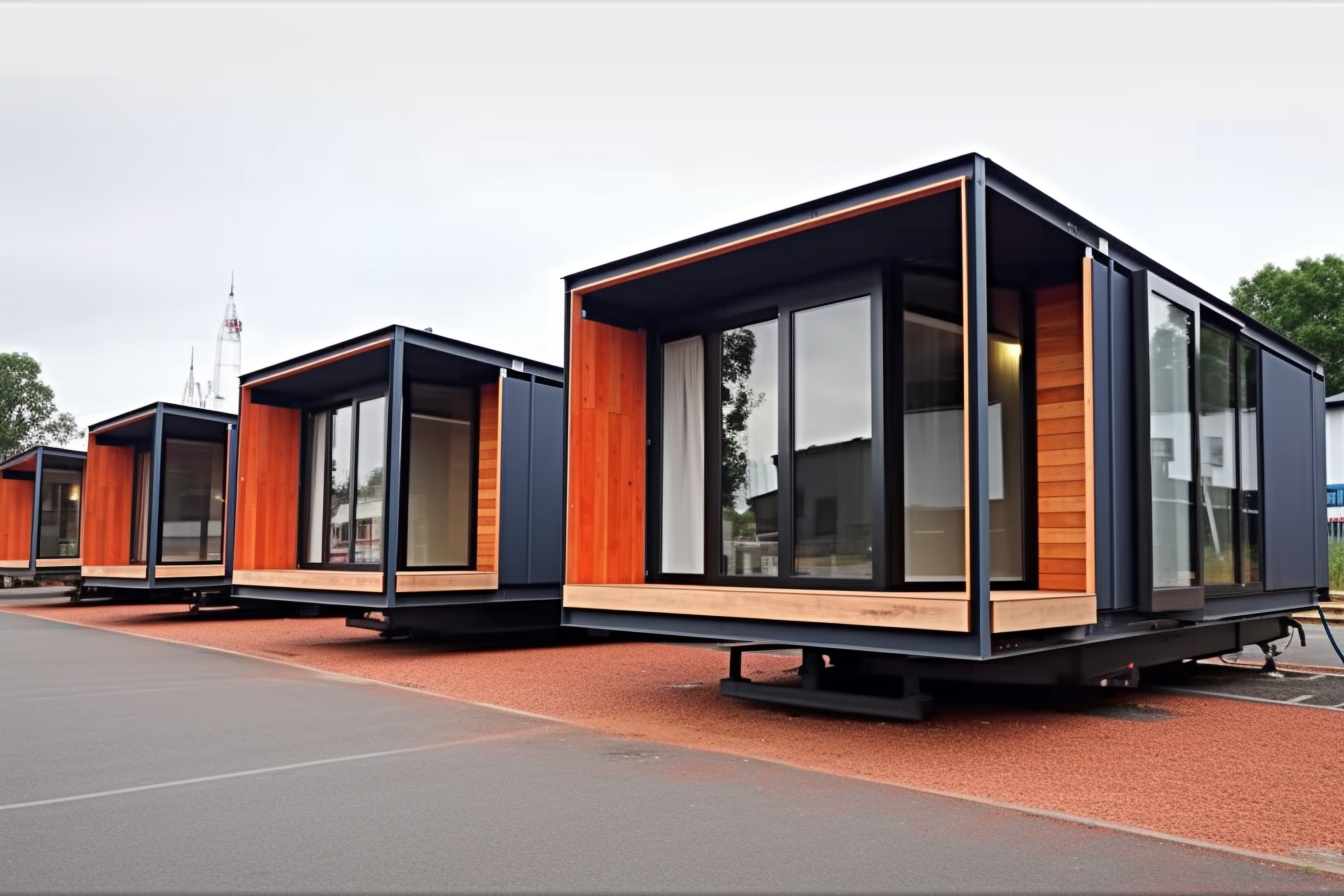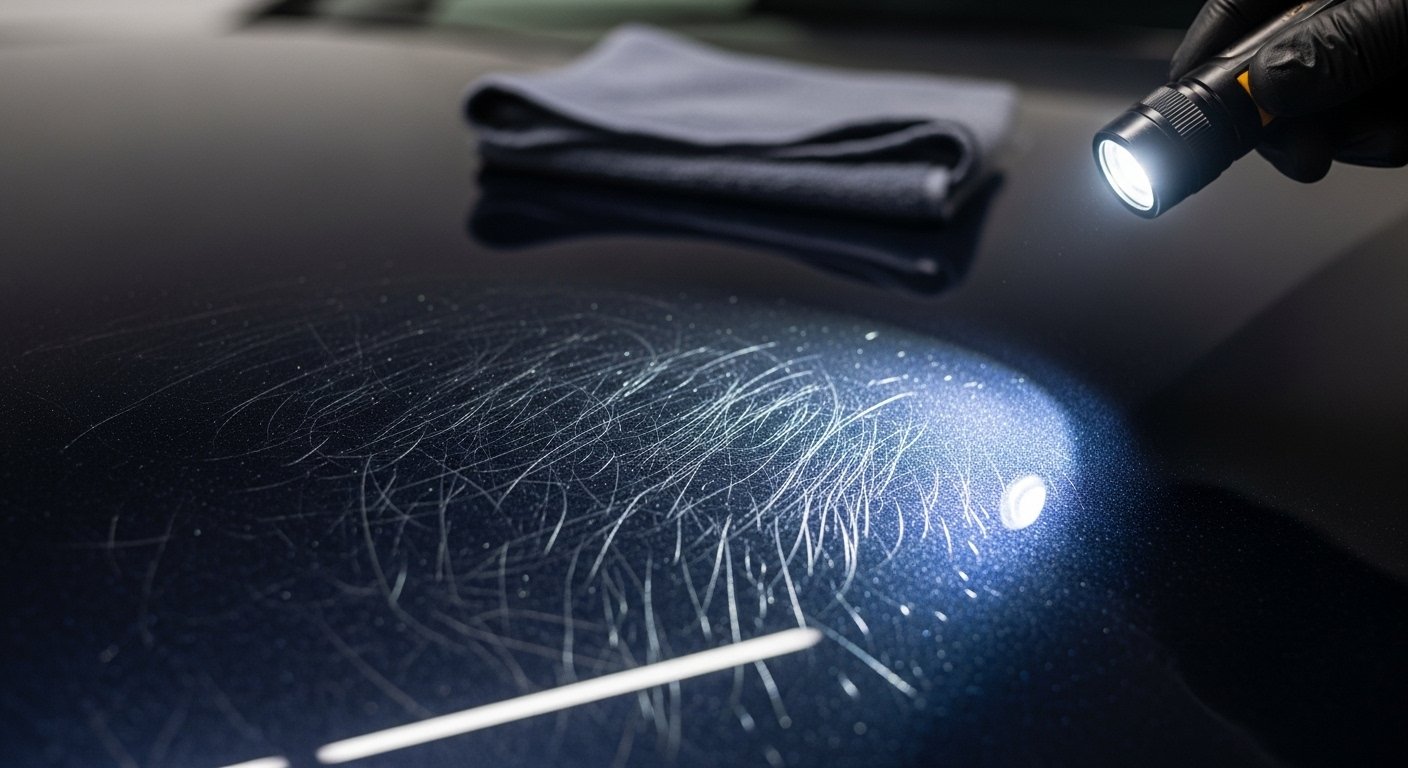Prefab Polyester Cabins: A Comprehensive Guide to Modern Prefabricated Housing
Prefab polyester cabins are lightweight structures made from durable, weather-resistant materials. They are often used for temporary housing, offices, or camping. Prefabrication allows quick assembly, making them practical for various outdoor and remote applications.

What Are Prefab Polyester Cabins?
Prefab polyester cabins are manufactured housing units constructed primarily from reinforced polyester materials in controlled factory environments before being transported to their final location. Unlike traditional buildings constructed entirely on-site, these cabins are pre-built in sections using fiberglass-reinforced polyester (FRP) composites that combine polyester resins with glass fiber reinforcements. The result is a lightweight yet incredibly strong structure that offers excellent resistance to weather, corrosion, and environmental factors. These units can serve various purposes, from residential homes to vacation retreats, home offices, guest accommodations, or even commercial spaces.
Key Benefits of Prefab Polyester Cabin Construction
The growing popularity of prefab polyester cabins stems from their numerous advantages over conventional construction methods. First and foremost is their exceptional durability. Polyester composites resist rot, mold, corrosion, and insect damage much more effectively than wood or other traditional materials. This translates to significantly lower maintenance requirements and longer structural lifespans. Additionally, these cabins offer superior insulation properties, helping maintain comfortable indoor temperatures while reducing energy consumption and associated costs.
Construction speed represents another significant advantage. While traditional building projects might take months to complete, prefab polyester cabins can be manufactured, delivered, and installed within weeks. This time efficiency not only reduces labor costs but also minimizes disruption to the surrounding environment. Furthermore, the factory-controlled production environment ensures consistent quality and precision that’s difficult to achieve with on-site construction, resulting in fewer structural issues and defects.
Environmental Impact and Sustainability Factors
When examining prefab polyester cabins from an environmental perspective, several important considerations emerge. The controlled factory environment where these structures are built minimizes construction waste compared to traditional on-site building methods. Manufacturers can precisely calculate material needs, implement recycling programs for production remnants, and optimize resource usage across multiple projects. Additionally, the energy efficiency of polyester cabins, due to their excellent insulation properties, translates to lower lifetime carbon emissions through reduced heating and cooling requirements.
However, it’s important to acknowledge that polyester resin production does involve petrochemicals, raising some sustainability questions. Progressive manufacturers are addressing these concerns by incorporating recycled materials, developing bio-based polyester alternatives, and implementing responsible manufacturing practices. Some companies now offer polyester cabins made with partially recycled content or designed for eventual recycling at the end of their usable life. Potential buyers concerned about environmental impact should research manufacturers’ specific sustainability practices and material sourcing policies.
Design Options and Customization Possibilities
Today’s prefab polyester cabins defy outdated stereotypes of cookie-cutter modular homes with limited aesthetic appeal. Modern manufacturing techniques allow for remarkable design flexibility, enabling these structures to accommodate diverse architectural styles ranging from sleek contemporary to traditional. Exterior finishing options include various textures, colors, and cladding alternatives that can mimic natural materials like wood or stone while maintaining polyester’s inherent durability advantages.
Interior customization options are equally impressive. Open-concept layouts, large windows that maximize natural light, vaulted ceilings, and built-in storage solutions demonstrate how these cabins can incorporate popular design trends. Many manufacturers offer modular component systems that allow buyers to configure spaces according to their specific needs, whether prioritizing additional bedrooms, expanded living areas, or specialized spaces like home offices. This flexibility extends to fixtures and finishes, with options for flooring, cabinetry, countertops, and lighting that rival those available in conventional construction.
Cost Considerations and Market Comparisons
Understanding the financial aspects of prefab polyester cabins requires examining both upfront and long-term costs. Initial purchase prices typically range from $150-$350 per square foot depending on customization level, finishing quality, and manufacturer reputation. This pricing places them in a mid-range category—generally more expensive than basic prefab options but often more affordable than custom-built traditional homes of comparable quality. Site preparation, foundation requirements, utility connections, and transportation add to overall costs and vary significantly based on location and site conditions.
The long-term financial picture often favors polyester cabins due to their durability and low maintenance requirements. Traditional homes may require frequent repairs to address weather damage, rot, or pest issues—costs largely eliminated with polyester construction. Additionally, the superior insulation properties of these cabins typically reduce energy expenses by 20-30% compared to conventional structures of similar size.
| Prefab Housing Type | Average Cost (per sq ft) | Typical Lifespan | Maintenance Requirements | Energy Efficiency |
|---|---|---|---|---|
| Basic Prefab (Wood) | $100-$200 | 30-50 years | Moderate | Moderate |
| Prefab Polyester Cabin | $150-$350 | 50+ years | Low | High |
| Steel Prefab Structures | $180-$400 | 50+ years | Low-Moderate | Moderate |
| Concrete Prefab | $200-$450 | 75+ years | Very Low | High |
| Custom Site-Built | $250-$500+ | Varies | Moderate-High | Varies |
Prices, rates, or cost estimates mentioned in this article are based on the latest available information but may change over time. Independent research is advised before making financial decisions.
Installation Process and Practical Considerations
The installation of prefab polyester cabins follows a systematic process that begins well before delivery day. Site preparation represents a crucial first step, involving ground leveling, foundation construction (typically concrete pads, piers, or slabs), and utility connection planning. Local building regulations and permit requirements must be addressed during this phase, as requirements vary significantly between jurisdictions. Some areas have specific codes for prefabricated structures that differ from traditional building regulations.
The actual installation typically unfolds over several days, beginning with the delivery of cabin components via specialized transportation. A crane or other lifting equipment positions the modules precisely on the prepared foundation, where they are secured and joined according to manufacturer specifications. Final connections include integrating electrical systems, plumbing lines, HVAC components, and completing any finishing work at the seams between modules. While less disruptive than traditional construction, the process still requires careful planning and coordination between manufacturers, delivery teams, and installation professionals to ensure smooth execution.
Understanding the Long-Term Value of Prefab Polyester Cabins
Prefab polyester cabins represent a compelling housing solution that balances immediate practicality with long-term value. Their unique combination of durability, energy efficiency, design flexibility, and relatively quick installation addresses many pain points associated with traditional construction. While initial investments may exceed some basic prefab alternatives, the reduced maintenance requirements, energy savings, and extended lifespan often result in favorable long-term economics. For those considering alternative housing options, prefab polyester cabins merit serious consideration as part of the evolving landscape of modern, efficient living solutions.




